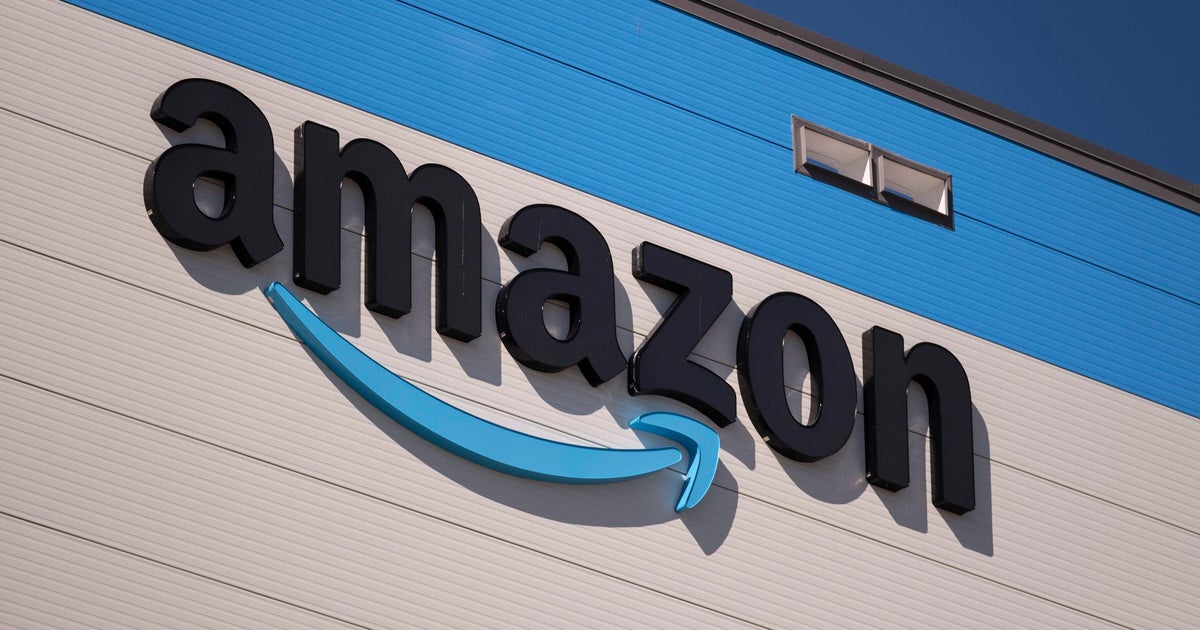San Francisco voters pass "head" tax to help homeless residents
California voters have approved two measures addressing what the mayor of Mountain View, California, calls the "perils of prosperity"--namely, the escalating cost of housing and increased traffic congestion that comes when large companies like Google, Amazon and Salesforce come to town.
Measure P -- a graduated tax on companies based on how many employees they have -- passed with almost 70 percent support in Mountain View, which happens to be where Google is headquartered. The new tax is expected to raise up to $6 million a year to help alleviate transit troubles made worse by the growth of tech companies.
"We're blessed with too many good jobs for the housing and transportation we have," Lenny Siegel, Mountain View's mayor, who lost his reelection bid on Tuesday, told the Los Angeles Times in May.
Google, Silicon Valley city's biggest employer, has about 20,000 employees who come to Mountain View every day. But other major tech players including Microsoft, Intuit and LinkedIn also add to an inundation that expands a city with a nominal population of about 80,000 to 125,000 during the day.
Google, which would pay an estimated $3.3 million under Measure P, did not take a public position on the tax. "We don't have a stance to share on tax," a company spokesperson said by email.
Helping San Francisco's homeless
By contrast, Salesforce CEO Marc Benioff not only publicly advocated for a separate measure to finance homeless programs in San Francisco, he also helped finance the successful campaign to get it approved.
Proposition C garnered about 60 percent of the vote after a contentious campaign that pitted, among others, the San Francisco Chamber of Commerce and Twitter CEO Jack Dorsey against Benioff and homeless advocates. It's expected to generate up to $300 million a year, almost doubling what's already spent on homeless services and housing in the city.
Amazon this summer successfully pushed to repeal a tax imposed on large employers that would have raised revenue to combat the city's homeless crisis.



